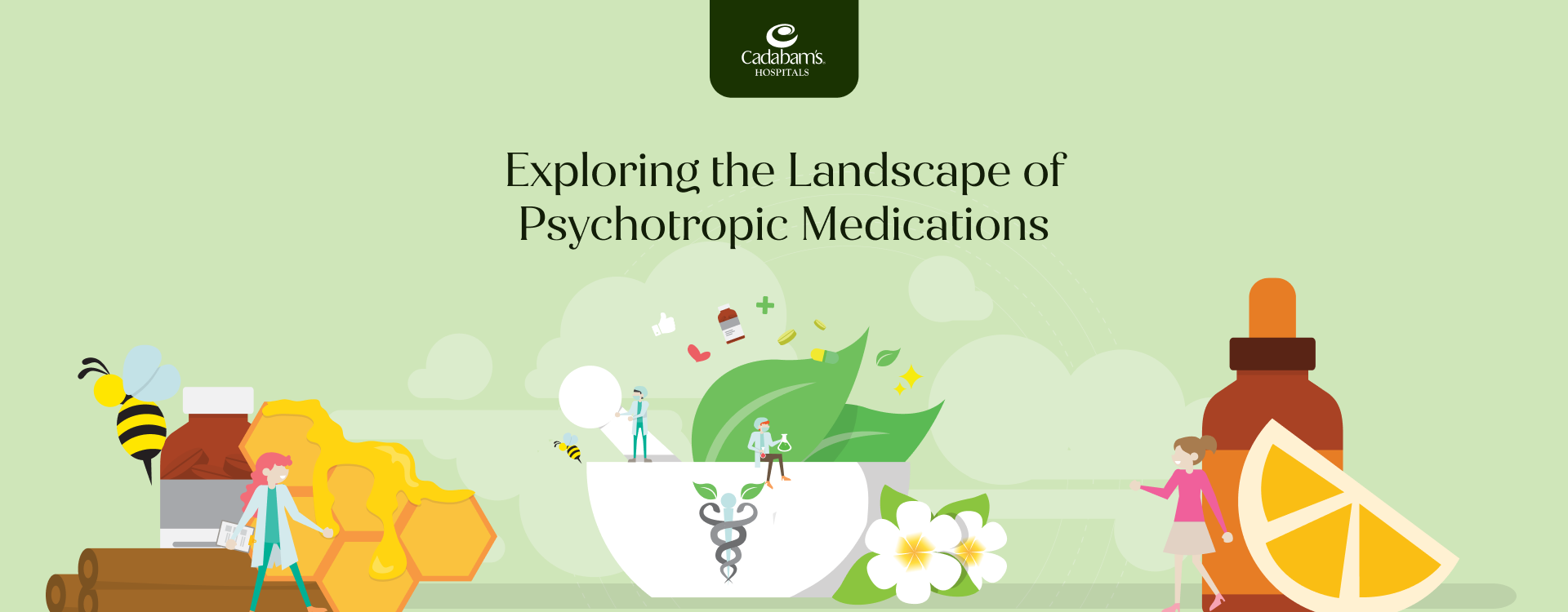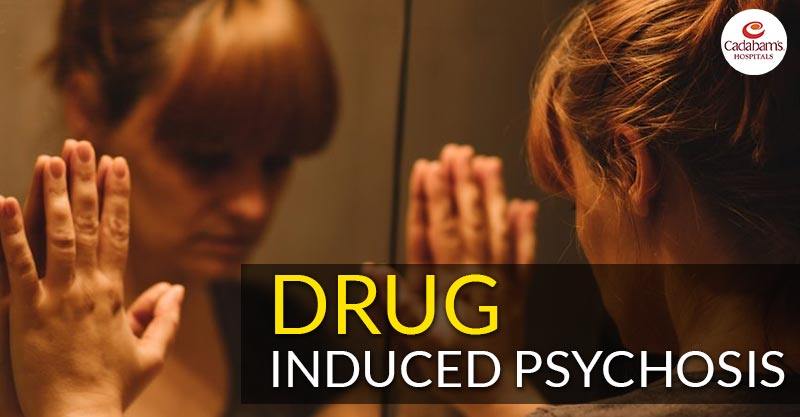The Foundation of Family Therapy in Drug Addiction Care
Family therapy forms the cornerstone of drug addiction care. Professionals understand the impact of addiction on familial relationships and thus integrate family therapy to find holistic solutions in the long run.
By addressing family dynamics, communication patterns, and support systems, therapy aims to heal not only the individual but also the family unit. Through education, empathy, and collaboration, family therapy equips families with the tools to navigate challenges, foster understanding, and cultivate a supportive environment conducive to long-term recovery.
Principles and Goals of Family Therapy for Drug Addiction
Family therapy for drug addiction operates on the principle of systemic intervention, acknowledging that addiction affects not just the individual but the entire family unit. Its goals include enhancing communication, rebuilding trust, and fostering empathy among family members.
Through education and support, therapy aims to empower families to set boundaries, improve coping mechanisms, and create a conducive environment for recovery. Ultimately, the objective is to strengthen familial bonds and facilitate the journey towards sustained sobriety and well-being.
How Family Therapy Complements Individual Treatment Plans
One of the key aspects of drug rehabilitation is its focus on addressing the broader familial context. While individual therapy focuses on personal growth and recovery, family therapy recognises the interconnectedness of addiction within the family system. It helps identify and address enabling behaviours, improve communication, and rebuild trust.
By involving loved ones in the recovery process, family therapy provides vital support networks and reinforces positive changes, enhancing the effectiveness of individual treatment and promoting lasting sobriety.
The Process of Family Therapy: What to Expect
Family therapy is a structured approach that begins with identifying challenges and extends to providing ongoing therapeutic support. At Cadabam’s Bangalore, our therapists start by evaluating family dynamics and communication patterns. Through an open dialogue, they uncover the underlying issues contributing to addiction.
As treatment progresses, therapists educate family members about addiction, fostering empathy and understanding. They employ various techniques, such as cognitive-behavioural therapy and role-playing exercises, to rebuild trust, enhance communication, and establish a supportive environment for recovery. This comprehensive process aims to ensure long-term healing and cohesion within the family.
Key Techniques and Approaches in Family Therapy for Drug Addiction
Family therapy for drug addiction employs various techniques and approaches to address complex dynamics. Structural therapy helps reorganise family roles and boundaries.
Multigenerational approaches explore patterns passed down through generations. Behavioural techniques focus on modifying problematic behaviours. Communication skills training enhances dialogue and understanding.
Communication Skills Building within Families
Communication during family therapy focuses on effective listening, assertiveness, and conflict resolution techniques. By promoting open and honest communication, family members can express concerns, set boundaries, and address underlying issues constructively.
Role-playing exercises and guided discussions are conducted, helping improve empathy and understanding, paving way for healthier interactions and strengthening familial bonds.
Conflict Resolution Strategies for Families
Conflict resolution strategies in family therapy generally include techniques like active listening where each family member expresses their perspective without interruption. Problem-solving exercises help identify common goals and brainstorm solutions.
Setting clear boundaries and promoting using specific words and statements help reduce defensiveness and promote empathy. Mediation by the therapist facilitates constructive dialogue and compromises.
Enhancing Coping Mechanisms for Family Members
Drug de-addiction is an emotional process for one’s family members. During this time, experts prepared effective strategies for loved ones to manage stress, navigate conflicts and support their loved one’s recovery journey.
Techniques may include enhancing communication skills, setting boundaries and resilience building. The aim of family therapy is to create a supportive environment that facilitates optimal conducive to healing and long-term sobriety for both the individual struggling with addiction and their loved ones.
Educating Families on Drug Addiction Management
Drug addiction affects individuals in their unique ways, and it is essential for families to understand the challenges that come with managing it. Educational programs usually involve providing information about the nature of addiction, its impact on individuals and families and strategies for responsible drug use.
By increasing awareness and understanding, the intent is for families to develop healthier attitudes towards drug, and help their loved one prevent relapse beyond the de-addiction process.
Building a Supportive Home Environment
Creating an open-minded, non-judgmental environment at home is a critical aspect of drug de-addiction. A supportive atmosphere minimises triggers for drug use, strengthens family bonds, and provides a stable foundation for recovery.
This is possible through open communication, setting clear boundaries and promoting healthy personal and social activities that reinforce sobriety.
The Benefits of Family Therapy for Managing Drug Addiction Management
Family therapy is a lot more than allowing family to be involved and supportive during a person’s de-addiction journey. It has various emotional and physical benefits. Some of the major benefits include:
Improving Family Dynamics and Relationships
Through family therapy, a person’s loved ones learn to address underlying issues such as communication breakdowns or unresolved conflicts, which may contribute to the cycle of addiction.
Family therapy generates understanding, empathy and trust among family members, strengthening relationships and promoting healthier interactions. Improved family dynamics can also be a crucial source of encouragement and accountability for the individual in recovery.
Reducing Relapse Rates through Family Support
By involving family members in the recovery process, de-addiction centers establish a strong support network that helps individuals navigate challenges and cope with triggers effectively.
With programs that include education, communication skills training and ongoing encouragement, families are well-equipped to identify triggers and prevent relapse, promoting long-term sobriety.
The accountability and connection created during family therapy has proven to enhance the individual’s resilience and commitment to recovery.
Empowering Families to Navigate Drug Addiction Together
By involving family members in the therapeutic process, rehabilitation centers provide them with the tools and knowledge to support their loved one effectively. Family therapy helps both parties address addiction as a united front, reducing feelings of isolation and helplessness.
This collaborative approach fosters resilience within the family unit, promotes healthier coping mechanisms, ultimately facilitating sustained recovery for the person struggling with addiction.
Fostering Understanding and Empathy among Family Members
Family therapy encourages open dialogue and exploration of emotions, which helps family members develop a deeper understanding of each other’s perspectives and experiences.
Over time, this cultivates empathy, reducing blame and resentment that is common with drug addiction. Family therapy therefore strengthens familial bonds and enhances communication, increasing chances of optimal recovery.
Get Drug Addiction Diagnosed in Bangalore
Drug addiction can be challenging to spot due to its gradual onset and ability to masquerade as social drinking. When left unattended it can adversely affect physical health, mental well-being and relationships. It can lead to severe complications including liver disease, cognitive impairment, and other social risks.
Therefore, if you notice symptoms of drug addiction, consider obtaining a diagnosis near you such that you or your loved one can access appropriate treatment and support, preventing further harm and promoting recovery.
Find the Right Family Therapy Program in Bangalore
Family involvement significantly enhances the effectiveness of addiction treatment, improving outcomes for both the individual struggling with drug addiction and their loved ones.
A specialised family therapy program offered by a de-addiction center provides tailored interventions that address the unique dynamics and challenges within the family unit, promoting healing and collaboration.
Additionally, the right program provides education, support, and coping strategies for family members, empowering them to play an active role in the recovery process.
Ensure that your therapy provider has adequate specialisation in addiction treatment, therapist credentials, evidence-based approaches, comprehensive services, flexibility and ongoing support before making the decision.
Why Choose Cadabam’s for Family Therapy in Drug Addiction Care
With more than 30 years of experience in helping people recover from various types of addictions, Cadabam’s is a go-to choice for de-addiction for drug addiction in Bangalore. Our experienced team encompassing psychologists, psychiatrists, therapists and counsellors provides personalised, holistic care for people with addiction.
Tailored Family Therapy Sessions at Cadabam’s
Family therapy sessions at Cadabam’s are crafted to address the complexities of drug addiction within familial contexts. These sessions employ evidence-based techniques that match each family’s unique dynamics improving open communication, setting healthy boundaries, and helping maintain support networks.
Expertise in Family Dynamics and Drug Addiction
Having helped individuals from various walks of life heal from addiction and mental health conditions for over three decades, Cadabam’s has built a reputation for understanding the nuances of family dynamics and how it can impact drug addiction and recovery.
Thus, experts are well-equipped to tackle various familial challenges or complications during the recovery journey.
Comprehensive Support for Families and Patients
While therapy is one aspect of de-addiction, family therapy at Cadabam’s provides holistic support that includes education about addiction, communication skills training, individual and group therapy sessions, access to support groups and more, as part of the process.
Our experts further provide resources for family members to navigate their own emotional challenges and encourage active involvement in the recovery process.
State-of-the-Art Facilities for Family Therapy Program at Cadabam’s
De-addiction requires a supportive, non-judgemental environment for healing. Cadabam’s offers modern amenities, comfortable rooms, outdoor spaces, meditation areas, fitness centers, art, music and drama therapy studios and advanced technology for therapy, to enhance the de-addiction experience and complement family therapy. These settings have been proven to promote relaxation, focus and engagement during family therapy sessions.
Ongoing Guidance and Resources for Families
Cadabam’s offers personalised ongoing guidance and provides resources for families as part of family therapy for drug addiction. This includes access to support groups, educational materials on addiction and recovery, and referrals to community resources.
Additionally, our therapists provide personalised counselling and advice to help families navigate challenges, establish healthy boundaries and maintain their own emotional well-being throughout the recovery process.
FAQ
What is family therapy for drug addiction and how does it help?
The goals of Cadabam’s family treatment for drug addiction are to increase coping mechanisms, lower stress, and enhance communication within the family. This aids in the understanding of the condition by the family, provides support, and eventually enhances quality of life.
Is family therapy beneficial for all families dealing with drug addiction?
Family therapy can help families cope with drug addiction by improving communication, reducing stress, and cultivating comprehension. The efficacy varies according to the needs of the family members.
How does family therapy address the stigma associated with drug addiction?
By educating the family, teaching coping mechanisms, and fostering open communication that fosters empathy and support, our family therapy works to eliminate the stigma associated with drug addiction.
What makes family therapy a critical component of drug addiction treatment
Cadabam’s family treatment for drug addiction encourages collaboration among family members. They get better communication skills, mutual support, and the empowerment to create a positive and safe environment.
How does Family Therapy for Drug Addiction work?
Family therapists often have sessions with 2 or more willing members of the family in order to understand any issues because of the person’s substance abuse or other personal issues that the family might be impacted by. Thus, family therapists look for ways the family can act as a support system for the addicted individual helping them in their recovery.
How many numbers of sessions are required?
It depends on the time required to address the unique challenges that the family faces.














 Available
Available



















